Nicolas Miachon is CMO of Upfluence, an influencer marketing software that helps brands to tell their stories.
 Nicolas Miachon , Forbes Councils

- Whether you’re ready or not, competitive gaming is disrupting entertainment as we know it. Very soon you might find yourself betting on matches in Vegas, rooting for your country’s esports team during the Olympics or sending your kid to college with an esports scholarship.
- The reality is, esports is everywhere. As a marketer, it would be crazy not to embrace it
Giant social networks, multimillion-dollar prizes, international audiences: Welcome to the world of esports.
Whether you’re ready or not, competitive gaming is disrupting entertainment as we know it. Very soon you might find yourself betting on matches in Vegas, rooting for your country’s esports team during the Olympics or sending your kid to college with an esports scholarship. The reality is, esports is everywhere. As a marketer, it would be crazy not to embrace it.
Not convinced yet? Let’s talk numbers.
In 2017, the esports industry raked in nearly 500 million dollars. As it continues to grow more than 40% year over year, the industry is destined to become a $1.7 billion market by 2021.
With an audience of over 300 million people, viewership of streaming sites like Amazon’s Twitch have surpassed popular news sources such as CNN, and according to one study, more unique viewers watched “Gaming video content†than HBO, Netflix, ESPN and Hulu combined in 2017.
The Intel Extreme Masters of 2017 (in Katowice, Poland) was viewed by 46 million people. To put that into perspective, the audience turnout was twice as large as the most recent NBA finals.
Who is watching esports, though? Demographically, the esports audience is mostly male aged from 13-40, making them one of the hardest marketing segments to address. They are also quite international, with Asia, North America and Europe constituting the biggest shares of the market.
How does the esports economy actually work?
The esports ecosystem consists of six major actors: game publishers, teams, players, fans, sponsors and investors. Players become professional when they join teams and play in tournaments organized by game publishers or third parties. These events, both offline and online, attract brand sponsors. Investors range from major sports teams to celebrities and corporate moguls like Russia’s richest man, Alisher Usmanov.
While professional players can earn team salaries and tournament cash prizes, streaming is where most of the action happens for advertisers and consumers. Platforms such as Twitch and YouTube Gaming allow players (professional and amateur alike) to broadcast their game play online 24 hours a day, seven days a week. Fans flock to these livestreaming sites where they can watch their favorite streamer, learn strategy and be entertained. In a way, streaming is the social media of esports.
Streaming is a new influence market.
With new platforms come new influencers. As explored in a previous article, influencers play a crucial role in social media ecosystems, acting as fuel for the platforms by connecting brands and consumers. In this case, the phenomenon of streaming influencers is exploding in esports –Â so the arrival of sponsors cannot be far behind.
Who are these new influencers and how are they different from professional players? While streaming influencers aren’t necessarily as highly ranked as pros, they do have much larger followings on their streams. The poster child for Twitch fame would have to be Tyler “Ninja†Blevins. In March, he broke records, drawing in over 600,000-plus concurrent viewers during a live stream with Drake.
Unlike traditional social media influencers, who are not paid by the platforms they post on, popular esports players can actually make money on these sites via integrated ads, direct donations from audience members and paid subscription offers. In short, followers are paying to follow and it’s no small matter. In an interview from this year, Tyler Blevins reported earning $560,000 per month from his Twitch streaming. This is purely based on known revenue from paid subscribers — the actual amount could be twice that when donations sponsorships and Twitch Bits are taken into account.
The esports environment is clearly brimming with potential, but advertisers will need to adapt their sponsorship strategies for this unique market. Unlike other niches, streaming influencers are much more likely to be self-sufficient and thus picky about who they work with. What’s more, professional players come as a team package, which is a barrier to smaller brands. So, how does one secure a partnership in esports?
Source: https://www.forbes.com/sites/forbescommunicationscouncil/2018/06/28/esports-is-the-next-biggest-frontier-in-influencer-marketing/#529b473a6d7b

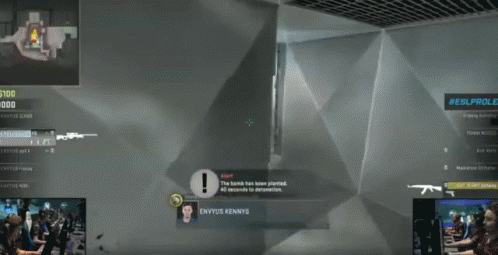
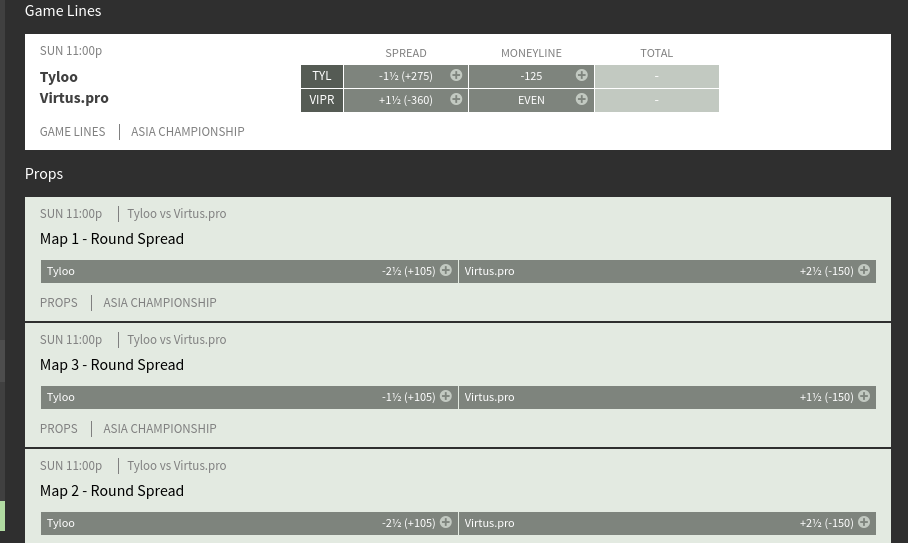
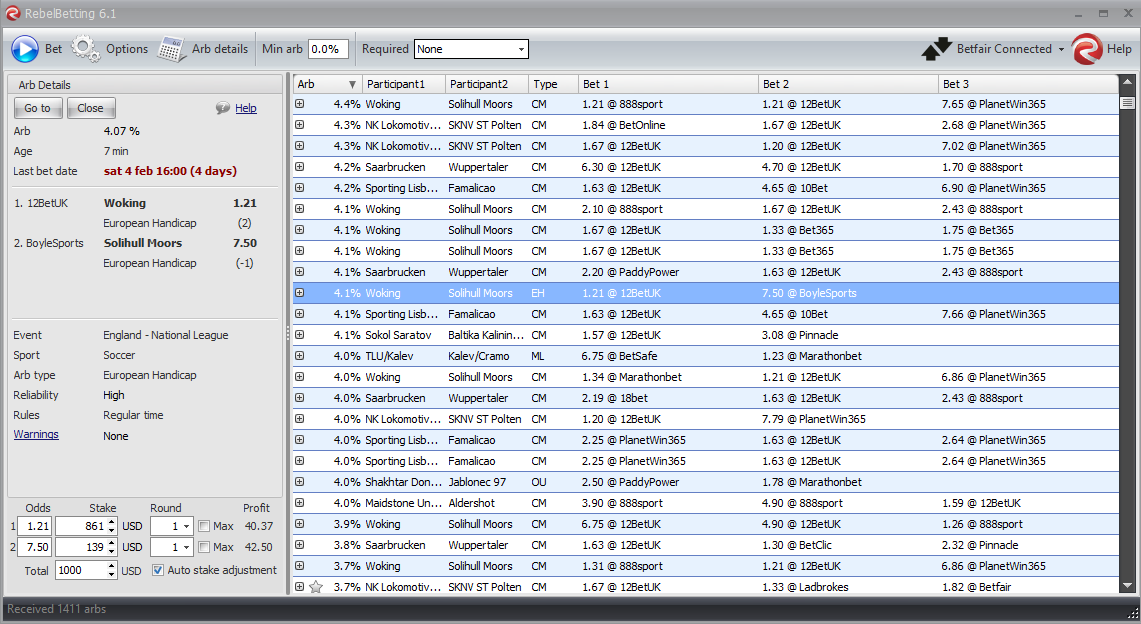
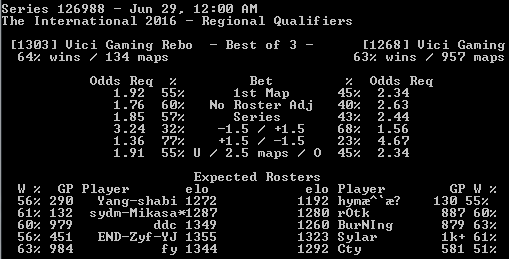
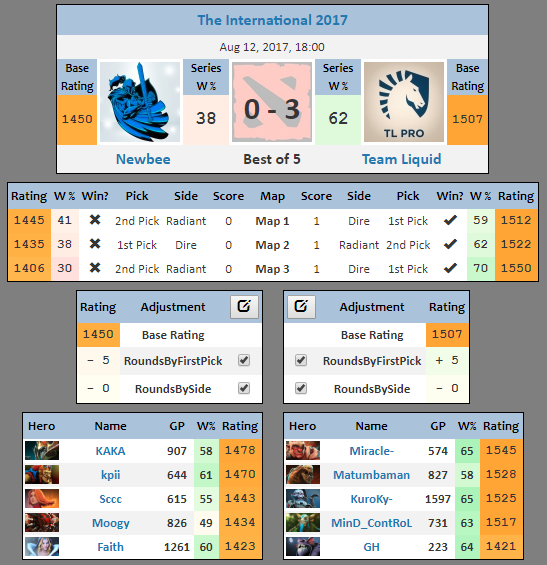


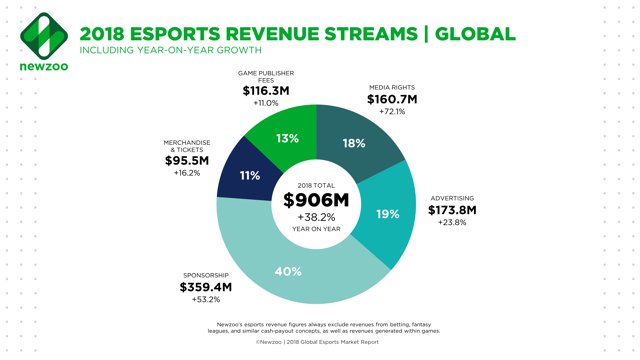


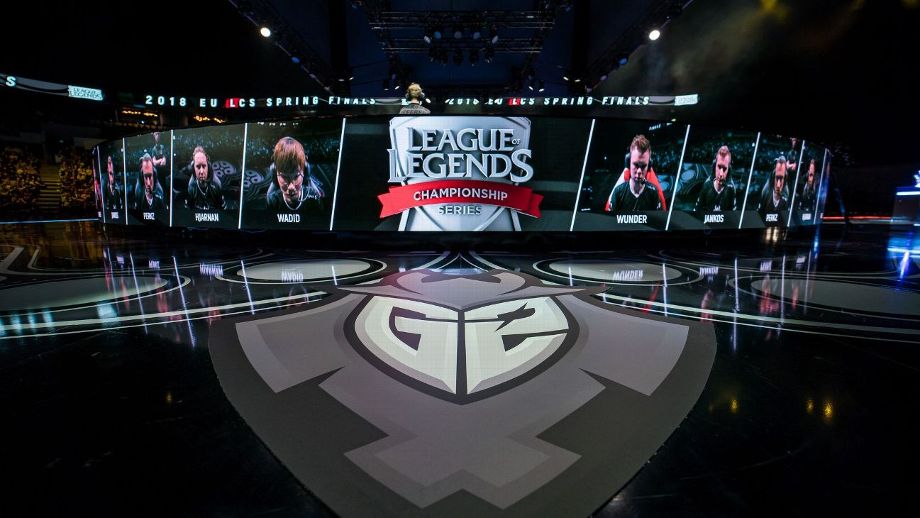



 Above: A Seoul Dynasty fan cheers on his team in the Overwatch League
Above: A Seoul Dynasty fan cheers on his team in the Overwatch League Above: Justin Choy of Gen.G is 28 and is the content marketing manager for the Seoul Dynasty team.
Above: Justin Choy of Gen.G is 28 and is the content marketing manager for the Seoul Dynasty team. Above: KSV’s Seoul Dynasty Overwatch team.
Above: KSV’s Seoul Dynasty Overwatch team. Above: Seoul Dynasty is a new Overwatch League team.
Above: Seoul Dynasty is a new Overwatch League team. Above: Arnold Hur (left) and Justin Choy of Gen.G.
Above: Arnold Hur (left) and Justin Choy of Gen.G.